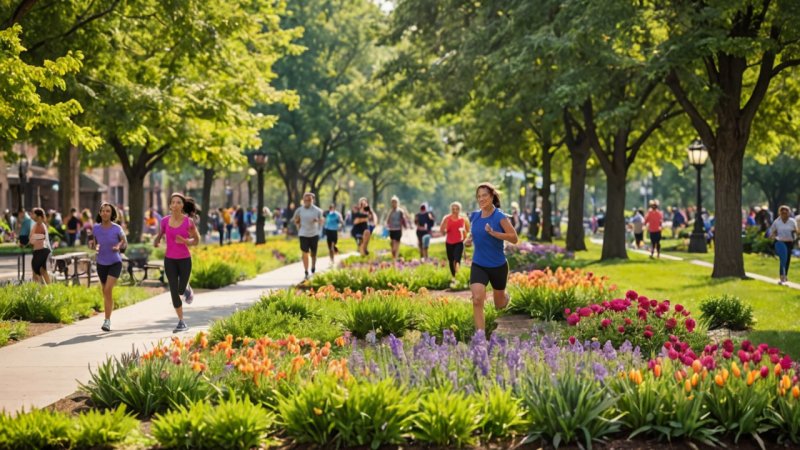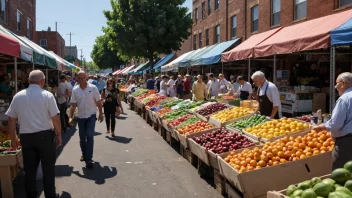Urban green spaces play a crucial role in enhancing the well-being of communities. As cities grow and urbanization intensifies, the importance of parks, gardens, and green rooftops cannot be overstated. These natural havens serve as essential elements for improving physical and mental health, fostering social connections, and promoting environmental sustainability.
One of the primary benefits of urban green spaces is their impact on physical health. Access to parks and recreational areas encourages individuals to engage in physical activities such as walking, running, or cycling. Studies have shown that neighborhoods with ample green spaces have lower rates of obesity and related chronic diseases. Moreover, these spaces provide opportunities for outdoor fitness programs and community sports, which can lead to healthier lifestyles.
In addition to physical health, urban green spaces significantly contribute to mental well-being. Nature has a calming effect, reducing stress and anxiety levels. Research indicates that spending time in green areas can lead to improved mood and cognitive functioning. Community gardens, for instance, not only beautify neighborhoods but also offer therapeutic benefits, allowing individuals to connect with nature and cultivate a sense of purpose.
Social cohesion is another key advantage of urban green spaces. Parks and community gardens serve as gathering spots where residents can interact, fostering a sense of belonging and community spirit. These spaces often host events, workshops, and cultural activities that bring people together, breaking down social barriers and encouraging inclusivity. Engaging in communal gardening projects can also empower residents, giving them a voice in their environment.
Furthermore, urban green spaces play a vital role in environmental protection. They help mitigate air pollution, reduce urban heat, and support biodiversity by providing habitats for various species. Trees and plants absorb carbon dioxide and release oxygen, contributing to cleaner air. Additionally, green spaces can manage stormwater runoff, reducing the risk of flooding and protecting local waterways.
Despite these numerous benefits, urban green spaces are often under threat from development and neglect. It is crucial for community members to advocate for the preservation and creation of green areas in their neighborhoods. Individuals can get involved by volunteering for local environmental organizations, participating in tree-planting initiatives, or organizing community clean-ups. Engaging with local government officials to promote policies that prioritize green spaces is also essential.
In conclusion, urban green spaces are indispensable for enhancing community health and well-being. They provide essential physical and mental health benefits, foster social connections, and contribute to environmental sustainability. By actively supporting and advocating for the preservation and expansion of these vital areas, individuals can play a significant role in improving their communities. Every small action counts in creating a greener, healthier, and more inclusive urban environment.






